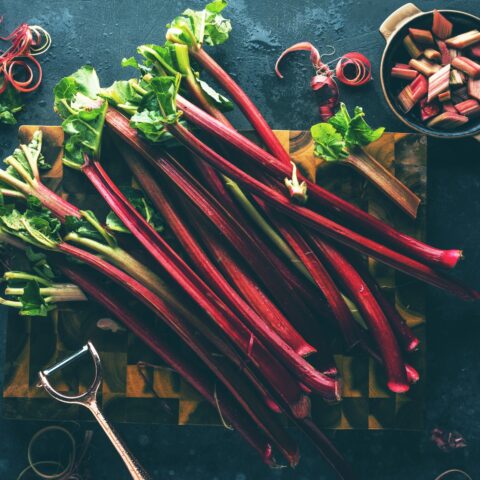How to Heal Leaky Gut with a Diet of Paleo Foods

Increased intestinal permeability, also known as “leaky gut” or “leaky gut syndrome”, is when the tight junctions between the cells lining your digestive tract are opened, allowing bacteria, food particles, and toxins to get through the gut barrier and into the bloodstream. This condition can cause bloating, inflammation, pain in the abdomen area, autoimmune disease, and fatigue. Some foods, particularly grain products, can lead to a leaky gut. Fortunately, a leaky gut can be repaired with diet and lifestyle changes.
What Is a Leaky Gut?
Let’s break down the basic biology of the digestive tract to get a better understanding of what a leaky gut is.
Related: The Human Gut: How It Works, Its Importance to Health, and Ways to Keep It Healthy
The digestive tract is completely lined with a special type of cell called epithelial cells. Epithelial cells are different from other cells because they are tightly packed together to prevent anything in the gut from getting past the barrier unless they allow it. However, when the boundaries between the cells open, harmful bacteria, food particles, and toxins can pass through the intestines and get into circulation through the body. Much of our immune system lives at the gut barrier, and when things get past the barrier that shouldn’t, the immune system responds, causing inflammation, pain, and a flushing of fluid that leads to bloating. This is what we call a leaky gut.
What Causes a Leaky Gut?
Most of the time, a leaky gut is caused by eating certain foods that can deteriorate your stomach lining. Why does this happen?
Remember those epithelial cells? These cells are compressed so firmly together because an exoskeleton is created to bind them to one another. Without the exoskeleton as a backbone, the epithelial cells loosen and can begin to allow material to pass through. There are actually times when our bodies need to open these tight junctions and during those times, our body produces a protein called zonulin that breaks down the exoskeleton, causing epithelial cells to separate and increase intestinal permeability.
Some foods can cause our guts to release zonulin. Gliadin, which is found in wheat, is particularly good at triggering our bodies into releasing zonulin. [1]
Let’s find out what other foods to stay away from, what foods promote gut health, and what you should be eating that will heal your intestinal wall.
Foods That Decrease Gut Health
Certain foods increase gut permeability with long-term exposure. Steer clear of these foods to maintain a healthy gut:
- Grains
- Legumes
- White and yellow potatoes
- Dairy
- Sugars
- Alcohol
If you have an autoimmune disease, consider also eliminating egg whites, and see our guide: How to Start an Autoimmune Protocol Diet.
Foods That Promote Gut Health
By supporting your immune system and eating nutritious foods, you can heal your intestinal lining and improve digestive health. Adopting The Paleo Diet® is a great place to start in reversing a leaky gut.
After some damage has been done, you need to restore your gastrointestinal equilibrium and “patch up” the holes in your gut’s lining. Probiotic-rich foods are essential to accelerating the gut-healing process and should be consumed regularly. The intestines are home to roughly 100 trillion organisms, and many gut-related problems stem from loss of gut flora diversity.
These foods are essential for keeping your digestive system healthy:
- Fermented vegetables. Sauerkraut and kimchi are rich in probiotics. Just be careful, they can also be high in salt.
- Fatty fish. Salmon, sardines, and tuna are rich in healing omega-3 fatty acids.
- Healthy oils. Avocado oil, coconut oil, olive oil and flaxseed oil.
- Bone broth. It contains gelatin, which helps repair your gut lining.
- Certain probiotic supplements can also be beneficial. Check with your doctor to see which would best suit your needs. But remember that probiotic supplements are expensive, and their effects are short lived.
Reduce Your Stress Load
One last vital part of gut health is to adequately manage stress. When you’re stressed out, your body releases high levels of cortisol, which can wreak havoc on hormone functionality and other bodily processes, including gastrointestinal function.
Make sure to give yourself time to relax. Do a fun and calming activity, like reading a book, taking a walk, or hanging out with friends. Whatever activity works for you will in turn work for your gut.
References:
[1] Visser, J., et al., Tight junctions, intestinal permeability, and autoimmunity: celiac disease and type 1 diabetes paradigms. Ann N Y Acad Sci, 2009. 1165: p. 195-205.
Isabella Mead
Isabella Mead is the Assistant Project Manager at The Paleo Diet and has experience in creating digital content for lifestyle and nutrition brands.
More About The Author



